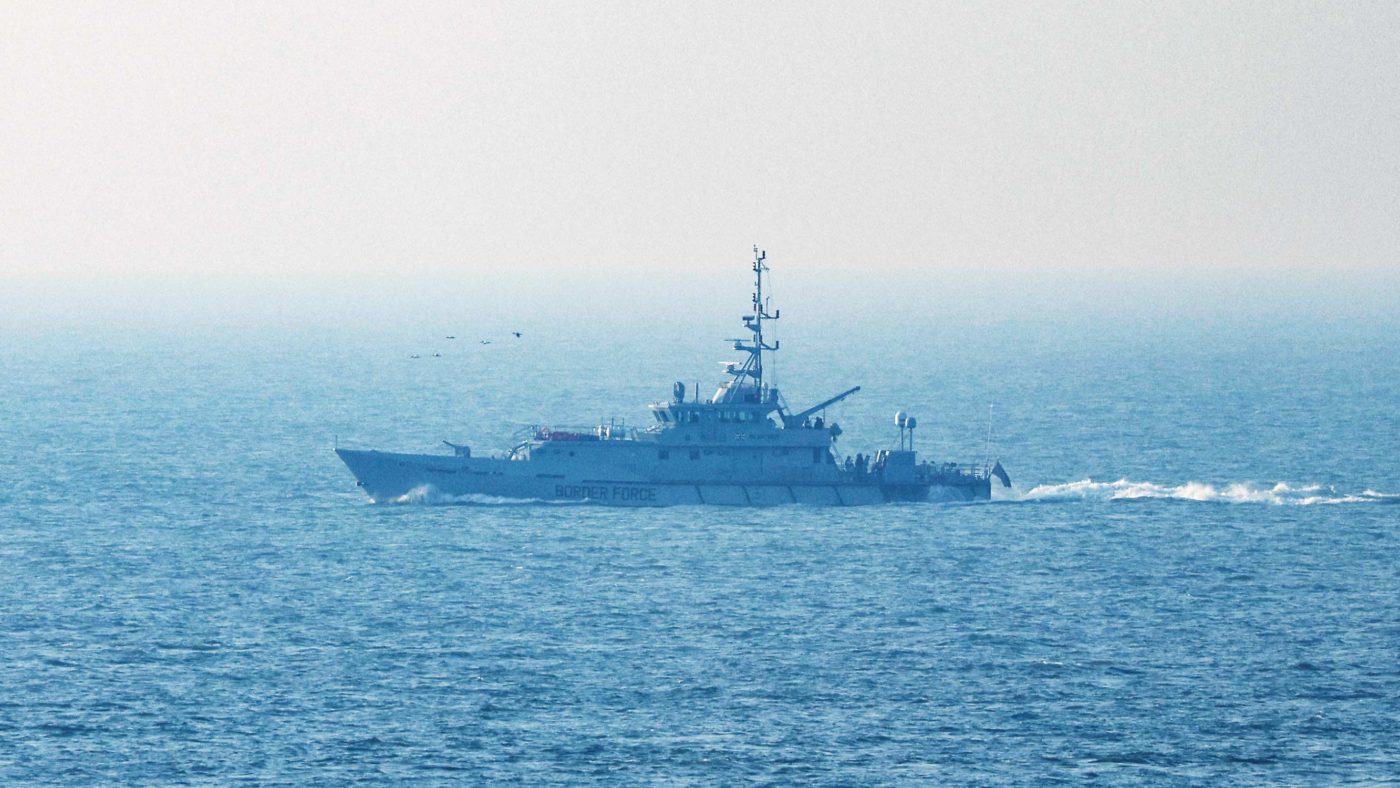Could there be a more perfect illustration of the iniquities of supranational lawmaking than an anonymous Strasbourg judge grounding the flight to Rwanda at the last minute?
Voters not familiar with the various categories of European court may well have wondered why, long after Brexit, continental judges can still obstruct ministers in this way.
Some cynics have suggested the Government had been spoiling for this fight all along, pitting ordinary voters’ concerns about illegal crossings against a coalition of do-gooders and ‘lefty lawyers’. As with most ‘4D chess’ interpretations of politics, that argument only takes you so far.
For one thing, it isn’t a great idea for a government to come up with a big policy, then find they can’t actually enact it – or have to wait months to do so. Ministers may call the policy ‘a dividing line par excellence’, but ultimately voters expect solutions, not scapegoats.
Not that Labour is offering much beyond describing the policy as a ‘gimmick’. Indeed, a party spokesman couldn’t even say whether Labour would keep the scheme or not.
That still leaves a basic question: if the flights do eventually go ahead – and bear in mind three separate British courts have sided with the Government – will they do much to solve the problem of people arriving in small boats?
The answer, somewhat unsatisfyingly, is…probably, somewhat.
On the one hand, the man whose case prompted the Strasbourg ruling, known only as KN, did say he would not have risked the Channel crossing if he had known about the risk of deportation to Rwanda . Others in the Calais camps, however, say they would not have been deterred, and that if they were deported they would leave Rwanda at the earliest opportunity and try to reach Britain again.
Some point to Australia’s offshoring of asylum claims as an example of successfully tackling boat-based migration – though as Sunder Katwala has noted on CapX, that scheme was horrendously expensive, coming in at well over £1m per migrant. The same point was also made by Tory veteran David Davis – as iron-clad a sovereigntist as you could find.
Even if you aren’t persuaded by moral arguments about sending people to a poor country with a dodgy human rights record, the risk is that the Rwanda plan becomes an expensive, cumbersome way of only slightly reducing the number of Channel crossings. If ministers trumpet the policy only to find it is ineffectual, voters may wonder what all the fuss was about.
While there isn’t a simple cure-all, there are certainly changes that might help manage the issue better than the very unsatisfactory status quo.
Significantly beefing up enforcement to stop the boats at source would seem an obvious place to start – albeit one that depends on co-operation from the French side. (And, at least according to one senior French police officer, the sheer size of both coastlines makes that task thankless, if not impossible).
Refugee charities point out that the existing safe, legal routes for asylum claimants are dysfunctional. Diverting people away from dangerous crossings – for instance by letting people with family in the UK apply for asylum at embassies – would be one way of reducing demand for the people smugglers’ grim business.
Relatedly, the Government urgently needs to get a grip on the backlog of existing asylum cases, which now number more than 70,000. That’s partly because of the pandemic, but it’s a number that has been snowballing for the last decade. The Home Office’s claim that decisions will ‘usually be decided within six months’ looks laughably out of date.
Putting more resources into speeding that process up – while rooting out bogus claimants and waging a relentless campaign on smuggling – would be less headline-grabbing than planes to Rwanda, but would probably do more in the longer term to bolster confidence in the asylum system.
Click here to subscribe to our daily briefing – the best pieces from CapX and across the web.
CapX depends on the generosity of its readers. If you value what we do, please consider making a donation.


